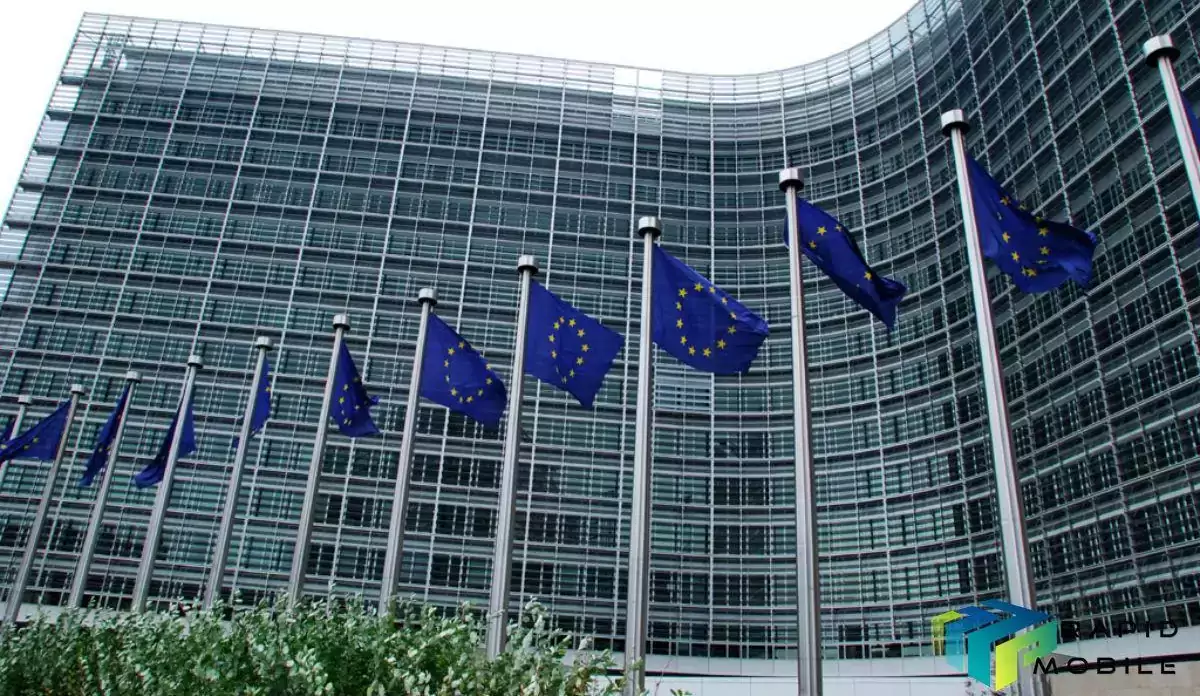Apple has been fined €1.8bn (£1.5bn) by the European Commission (EU) after an investigation found it had limited competition from competitive music streaming services.
The move by the EU shows it will act decisively on tech companies who abuse their dominant position in the market for phones and online services.
The European competition commissioner, Margrethe Vestager, said a smaller fine would have been nothing more than the equivalent of “a parking fine” and was designed to act as “a deterrent” to such practices for Apple and others.
“I think it is important to see that if you are a company who is dominant and you do something illegal, it will be punished. We want to show our resolve that we will go into these cases.”
“As a result of the anti-competitive practices, the public ended up paying more than they should have for music streaming”
“Apple’s rules ended up harming consumers. Critical information was withheld so that consumers could not effectively use or make informed choices. Some consumers may have paid more because they weren’t aware that they can pay less if they subscribed outside of the app.”
Apple disadvantaged users contractually by restricting app developers from openly promoting cheaper services, the commission found.
Vestager gave three examples of Apple’s anti-steering obligations:
- First, music streaming developers were not allowed to inform their users, inside their own apps, of cheaper prices for the same subscription on the internet.
- Second, they were also not allowed to include links in their apps to lead consumers to their websites and pay lower prices there.
- And third, they were also not allowed to contact their own newly acquired users, for instance by email, to inform them about pricing options after they set up an account.
As a result, millions of European music streaming users were left in the dark about all available options. And Apple’s anti-steering rules also made consumers pay more for such services because of the high commission fee imposed on developers and passed on to consumers
In a statement the European Commission said its “investigation found that Apple bans music streaming app developers from fully informing iOS users about alternative and cheaper music subscription services available outside of the app and from providing any instructions about how to subscribe to such offers. In particular, the anti-steering provisions ban app developers”.
Vestager said:
“For decades, Apple has restricted music streaming app developers from informing their consumers about cheaper options available outside of the app, and has done so contractually.”
The investigation, launched after a complaint from Spotify, focused on a restriction that prevented developers from telling iPhone and iPad users about other ways of subscribing to their music streaming services, which bypass Apple.
Spotify has argued that the restrictions benefit Apple’s rival music streaming service, Apple Music.
Spotify and other app providers have been longstanding critics of Apple’s App Store, which they argue stifles competition by, for instance, charging a 30% fee on apps and in-app purchases.
However, Apple has announced plans to allow EU customers to download apps on to iPhones outside the App Store, in response to the introduction of the trading bloc’s digital markets act (DMA), which has been brought in to regulate major tech firms such as Apple, Microsoft and Meta.
Apple slammed the commission’s decision and said it would appeal.
“The decision was reached despite the commission’s failure to uncover any credible evidence of consumer harm, and ignores the realities of a market that is thriving, competitive, and growing fast.
“The primary advocate for this decision – and the biggest beneficiary – is Spotify, a company based in Stockholm, Sweden. Spotify has the largest music streaming app in the world, and has met with the European Commission more than 65 times during this investigation.”
“Today, Spotify has a 56% share of Europe’s music streaming market – more than double their closest competitor’s – and pays Apple nothing for the services that have helped make them one of the most recognisable brands in the world. A large part of their success is due to the App Store, along with all the tools and technology that Spotify uses to build, update, and share their app with Apple users around the world.”
The EU launched its investigation in 2020, and began after Spotify filed a complaint against Apple. The streaming service said it was unfair that it was forced to pay 30 per cent of subscription revenues to Apple, and that it was not able to properly market to its users.



